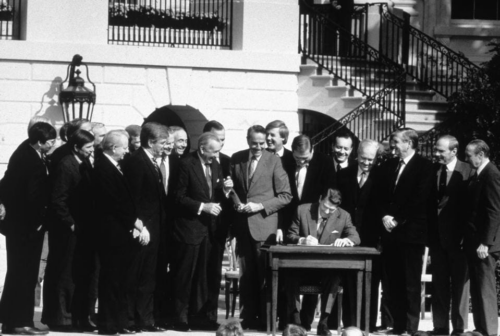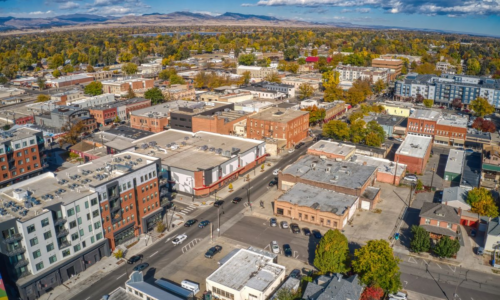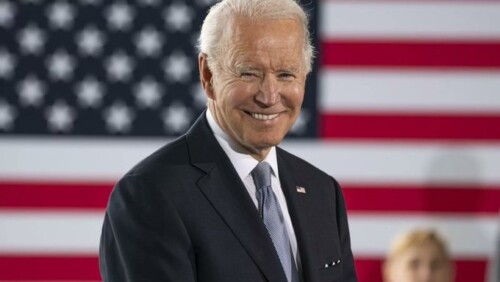Democracy: A New Kind of Public Works
02.11.2016
Barack Obama is thinking big as his presidency enters the final stretch. The centerpiece of his last budget, unveiled this week, is a $300 billion plan for a “clean transportation system”—the biggest federal infrastructure push since President Eisenhower launched the interstate highway system. Here at last is a fix that’s equal to the magnitude of America’s immobility crisis. In polarized Washington, however, it’s going nowhere.
Obama’s proposal would effectively double U.S. transportation spending, paying for it with a $10-per-barrel oil tax. There’s no way a Republican-dominated Congress will vote for a new energy tax, even with oil prices down to around $30 a barrel. House Speaker Paul Ryan already has dismissed the plan as “an election-year distraction.” Nor can the White House expect many Democratic candidates to rally around what is essentially a middle-class tax hike.
Obama, the arch realist, knows all this. But he seems determined to ensure that two issues on which he’s made frustratingly little headway—clean energy and infrastructure investment—stay high on the nation’s political agenda. And if his visionary proposal injects these issues into campaign 2016, so much the better.
It’s hard to imagine a more urgent national priority than modernizing America’s decrepit transportation and water systems and updating our energy-wasting electrical grid.
With our economy stuck in low gear six years into “recovery,” making such investments now should be a no-brainer. It’s a proven way to create good middle-class jobs, boost the productivity of U.S. businesses and workers, and lay new foundations for future growth.
The deterioration of our country’s economic infrastructure has long been glaringly obvious, but U.S. political leaders have failed to coalesce behind policies for reversing it. A big reason is that Congress is controlled by a new breed of Republicans who regard all federal spending with kneejerk hostility. Conservative lawmakers seem to have lost the ability to distinguish between investments that generate tangible economic returns to society and spending that fuels present consumption.
Continue reading at Democracy.





